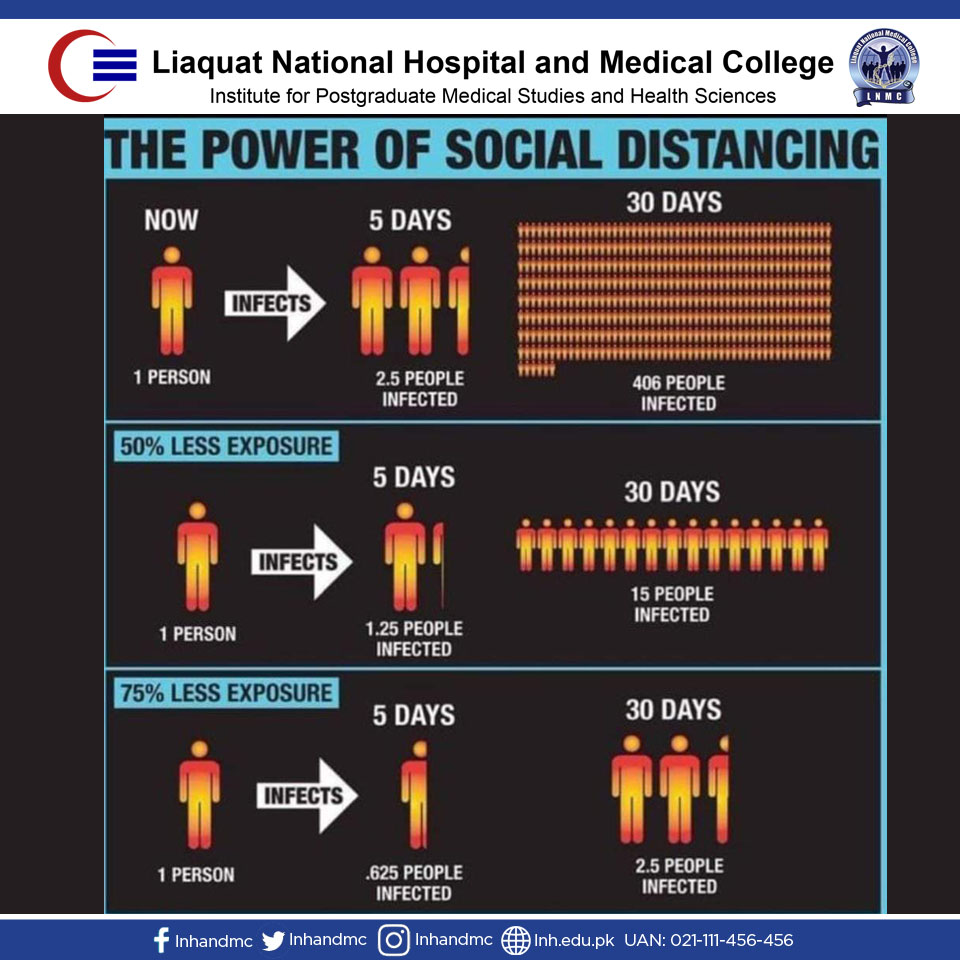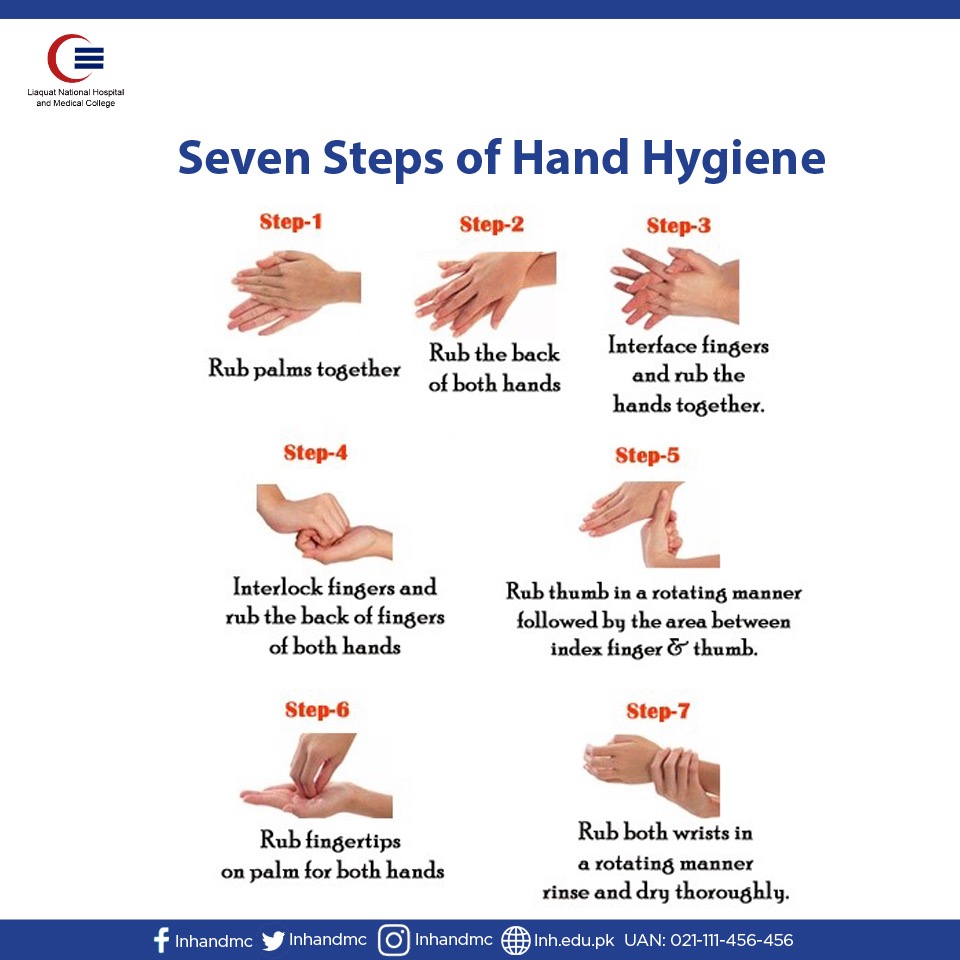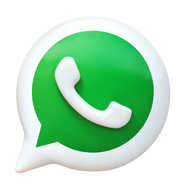Coronavirus (COVID-19)
Dr. Faridah’s FAQ session on Coronavirus (COVID-19)
Frequently asked questions about (COVID-19)
(COVID-19) is the viral illness caused by recently discovered coronavirus. This new virus and disease were unknown before the outbreak began in Wuhan China, in December 2019.
The most common symtoms of (COVID-19) are fever, tiredness and dry cough. Some patients may have aches and pains, nasal congestion, runny nose, sore throat or diarrhoea. These symptoms are usually mild and begin gradually. Some people gut infected but doesn’t develop any symptoms and don’t feel unwell. Most people (about 80%) recover from the disease without needing special treatment. Around 1 out of every 6 people who gets (COVID-19) becomes seriously ill and develop difficulty in breathing. Older people, and those wiyh underlying medical problems like high blood pressure, diabetes or heart problem are more likely to develop serious illness. People with fever, cough and difficulty in breathing shouldseek medical attention.
People can catch (COVID-19) from others who have the virus. The disease can spread from person to person through small droplets from the nose or mouth which are spread when a person with (COVID-19) coughs or exhales. These droplets land on objects and surfaces around the person. Other people then catch (COVID-19) by touching these objects or surfaces, then touching their eyes, nose or mouth. People can also catch (COVID-19) if they breathe in droplets from a person with (COVID-19) who coughs out or exhales droplets. This is why it is important to stay more than 1 meter (3 feet) away from a person who is sick.
- Regularly and thoroughly clean your hands with an alcohol-based hand rub or wash them with soap and water.
- Maintain at least 1 metre (3 feet) distance between yourself and anyone who is coughing or sneezing.
- Avoid touching eyes, nose and mouth.
- Make sure you, and the people around you, follow good respiratory hygiene. This means covering your mouth and nose with your bent elbow or tissue when you cough or sneeze. Then dispose of the used tissue immediately.
- Stay home if you feel unwell. If you have a fever, cough and difficulty breathing, seek medical attention. Follow the directions of your local health authority.
Coronaviruses (including preliminary information on the (COVID-19) virus) may persist on surfaces for a few hours or up to several days (5 hours to 9 days). This may vary under different conditions (e.g. type of surface, temperature or humidity of the environment).
If you think a surface may be infected, clean it with simple disinfectant to kill the virus and protect yourself and others. Clean your hands with an alcohol-based hand rub or wash them with soap and water. Avoid touching your eyes, mouth, or nose.
Only patients who meet current WHO criteria for (COVID-19) testing will be tested.
WHO criteria: Suspect case
A. A patient with acute respiratory illness (fever and at least one sign/symptom of respiratory disease (e.g., cough, shortness of breath), AND with no other etiology that fully explains the clinical presentation AND ahistory of travel to or residence in a country/area or territory reporting local transmission of (COVID-19) disease during the 14 days prior to symptom onset.
OR
B. A patient with any acute respiratory illness AND having been in contact with a confirmed or probable (COVID-19) case (see definition of contact) in the last 14 days prior to onset of symptoms;
OR
C. A patient with severe acute respiratory infection (fever and at least one sign/symptom of respiratory disease (e.g., cough, shortness breath) AND requiring hospitalization AND with no other etiology that fully explains the clinical presentation.
Real time PCR in naso pharyngeal and oropharyngeal swab. No other test like serology in blood is recommended.
Older persons and persons with pre-existing medical conditions (such as high blood pressure, heart disease, lung disease, cancer or diabetes) appear to develop serious illness more often than others.
No. Antibiotics do not work against viruses, they only work on bacterial infections. (COVID-19) is caused by a virus, so antibiotics do not work. Antibiotics should not be used as a means of prevention or treatment of (COVID-19).
- You are ill with upper or lower respiratory symptoms (especially coughing)
- Looking after someone who have upper or lower respiratory symptoms.
The most effective ways to protect yourself and others against (COVID-19) are to frequently clean your hands, cover your cough with the bend of elbow or tissue and maintain a distance of at least 1 meter (3 feet) from people who are coughing or sneezing.
- Remember, a mask should only be used by health workers, care takers, and individuals with respiratory symptoms, such as fever and cough.
- Before touching the mask, clean hands with an alcohol-based hand rub or soap and water
- Take the mask and inspect it for tears or holes.
- Orient which side is the top side (where the metal strip is).
- Ensure the proper side of the mask faces outwards (the coloured side).
- Place the mask to your face. Pinch the metal strip or stiff edge of the mask so it moulds to the shape of your nose.
- Pull down the mask’s bottom so it covers your mouth and your chin.
- After use, take off the mask; remove the elastic loops from behind the ears while keeping the mask away from your face and clothes, to avoid touching potentially contaminated surfaces of the mask.
- Discard the mask in a closed bin immediately after use.
- Perform hand hygiene after touching or discarding the mask – Use alcohol-based hand rub or, if visibly soiled, wash your hands with soap and water.
The “incubation period” means the time between catching the virus and beginning to have symptoms of the disease. Most estimates of the incubation period for (COVID-19) range from 1-14 days, most commonly around five days.
- Self quarantine yourself at home in your room.
- Wear mask
- Wash your hands more frequently.
- Social distancing.
- If you have fever, cough body aches and difficulty in breathing, IMMEDIATELY CONTACT THE DOCTOR.
If you must travel for person reasons, practice the following precautions:
- Avoid contact with people who are sick.
- Avoid animals (alive or dead), animal markets and products that come from animals (such as uncooked meat).
- Wash hands often with soap and water for 15-20 seconds. Use a hand sanitizer with at least 60% alcohol if soap and water are not available.
- Older adults and travelers with underlying health issues may be at risk for more severe disease.
| Service | Charges |
|---|---|
| Anti SARS Cov2 (Antibody) | Rs 2,200 |
| COVID Test | Rs 8,000 |
| Bed Charges: | |
| COVID-19 WARD | Rs 11,000 |
| SPECIAL III (COVID-19) | Rs 15,000 |
| COVID-19 HDU | Rs 24,000 |
| COVID-19 ICU | Rs 38,000 |
| Ventilator Charges | Rs 8,000 |




